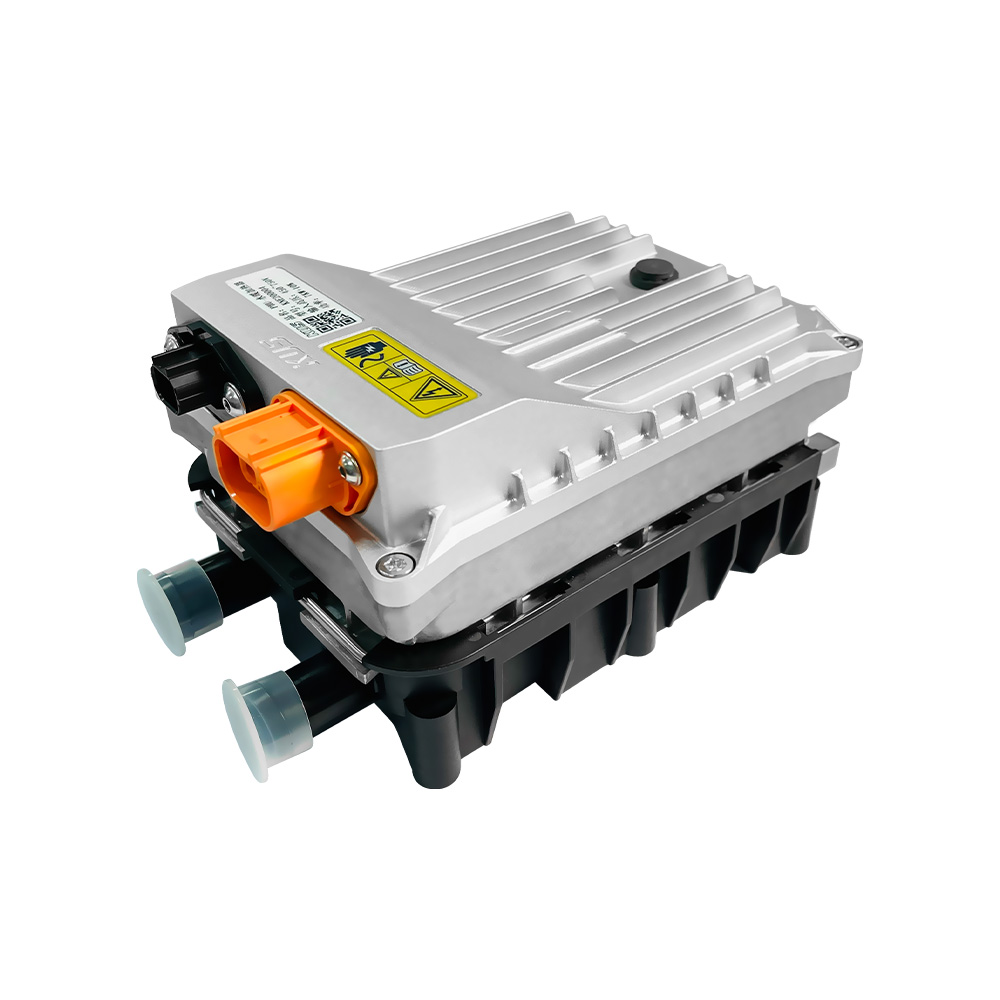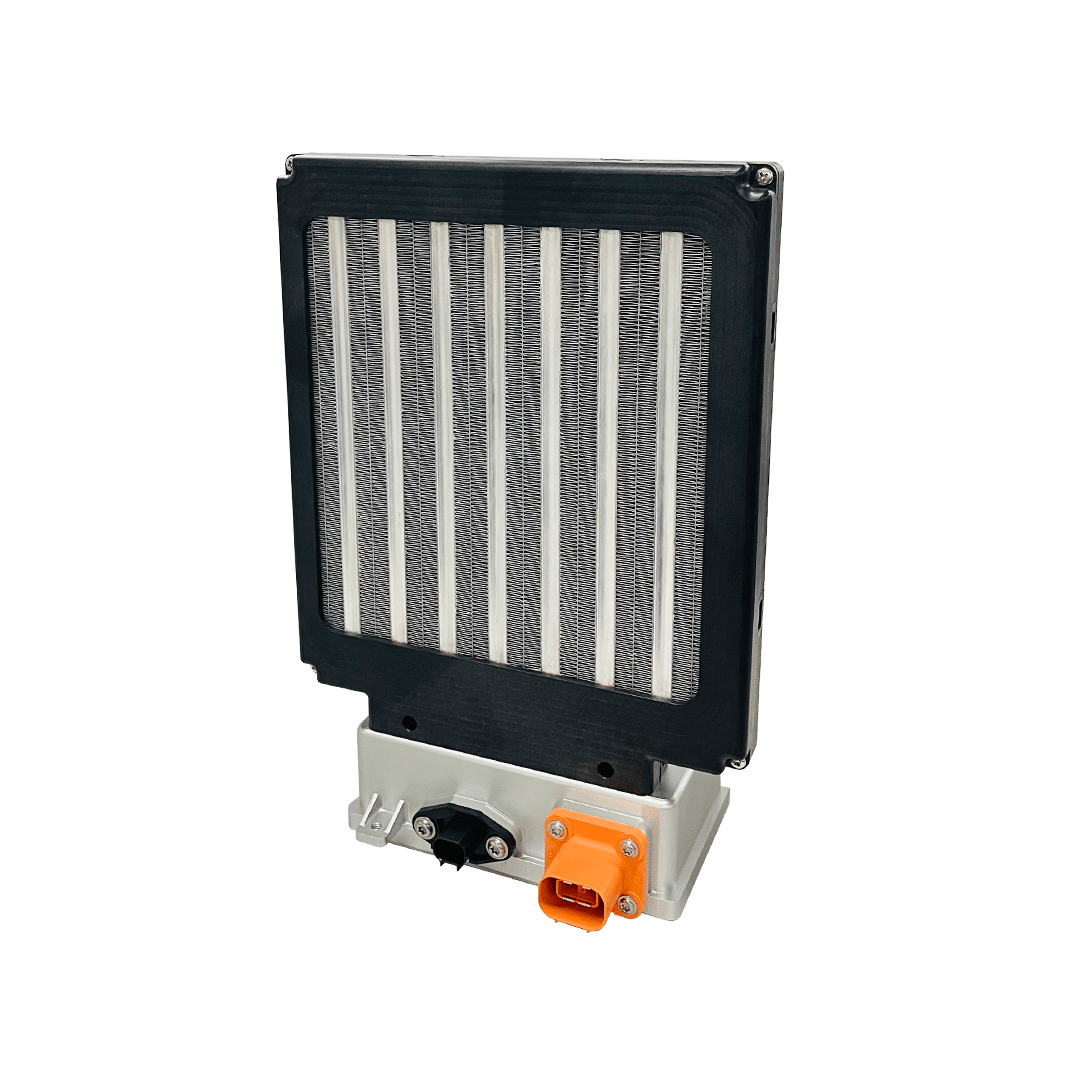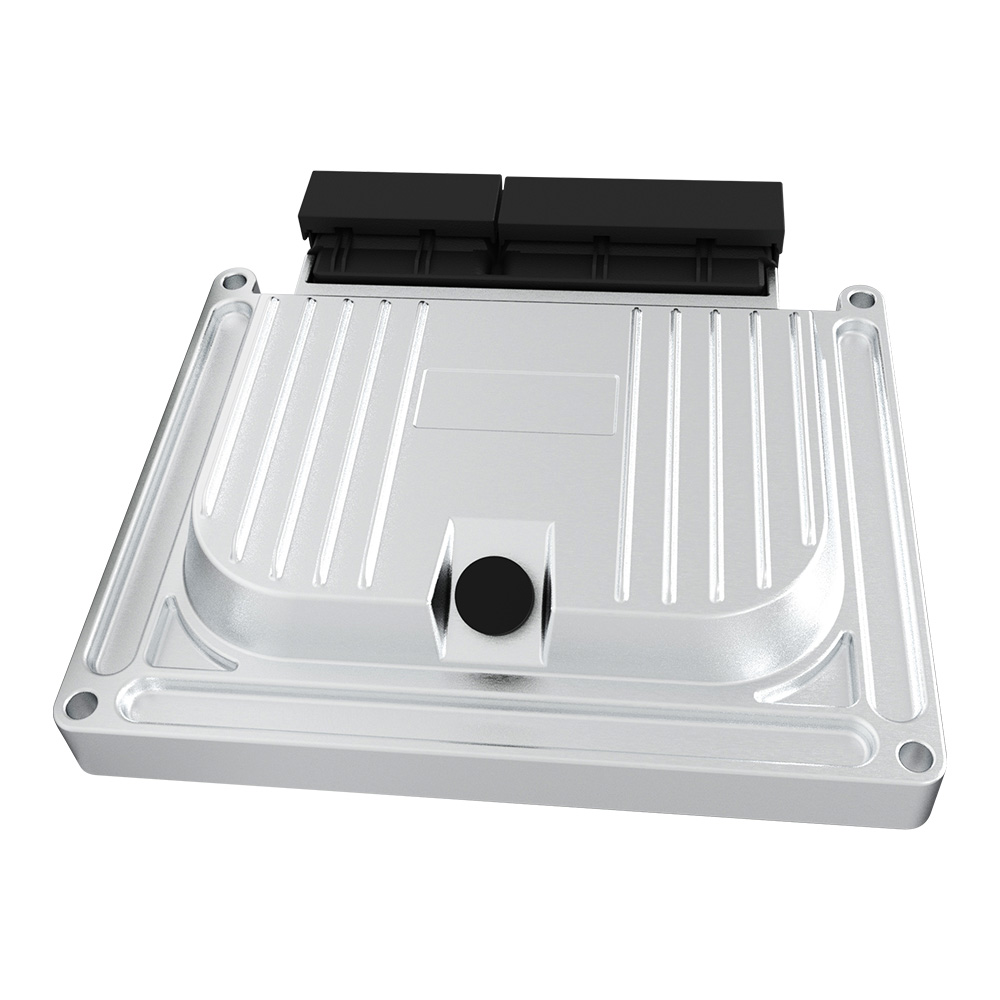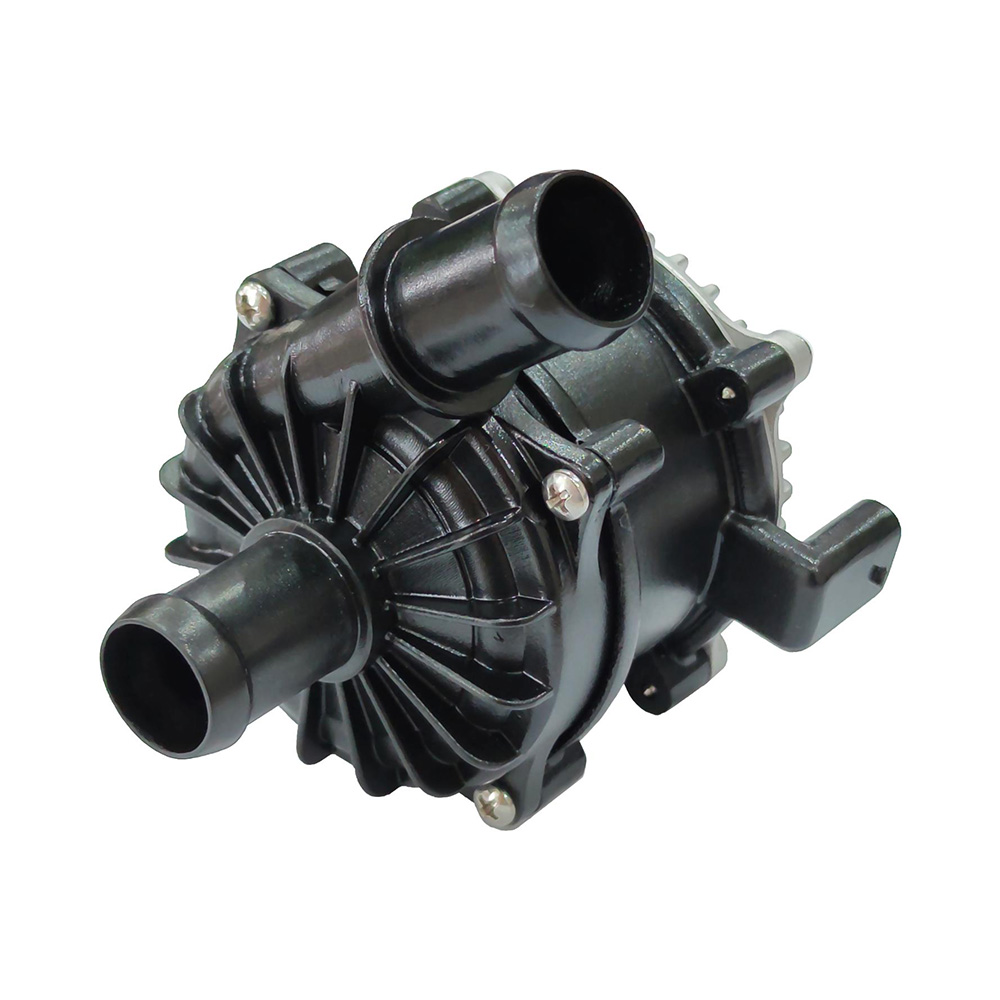The electric vehicle (EV) market is experiencing unprecedented growth, driven by technological advancements and a global push for sustainable transportation. However, as EVs become increasingly common, the focus has shifted to a critical aspect of their operation — efficient battery cooling systems. Proper thermal management is essential for enhancing performance and extending the life and efficiency of the EV battery. These factors make battery thermal management systems some of the most crucial components of electric applications.
Understanding EV Battery Cooling Systems
One of the primary challenges EVs face is managing the heat generated by the batteries. There are different approaches to battery cooling to combat these challenges. The process is not a one-size-fits-all solution, and various technologies cater to diverse needs and challenges in the EV landscape in order to best meet customer needs and expectations.
Diversity in Cooling Systems
Contrary to popular belief, not all electric cars use the same battery cooling system. The two most common systems are air and liquid, each with advantages and limitations. Air cooling, more straightforward and less expensive, uses airflow to dissipate heat. However, it’s less efficient, especially in extreme climates or during high-demand scenarios like fast charging.
Alternatively, liquid cooling employs a coolant fluid to manage the battery’s temperature. These systems are more complex but offer superior heat dissipation, making them increasingly popular in modern EVs. This method is particularly effective in maintaining optimal battery temperatures for performance and safety.
Benefits of Proper Cooling
Adequate cooling affects crucial aspects of an EV, including battery life, cost efficiency, and range. Overheating can lead to faster battery degradation, reducing the vehicle’s lifespan and effectiveness. It can also limit the battery’s ability to hold a charge, thus decreasing its range; which is a crucial feature due to ongoing discussions on grid development. By maintaining the correct temperature, cooling systems ensure that batteries operate efficiently, saving costs in the long term and providing consistent range, performance, and customer appeal.
Why Liquid Cooling is the Best Option for EVs
As electric vehicles advance, liquid cooling emerges as the frontrunner in thermal management solutions. There are many reasons for this, including effectiveness during high-demand conditions, such as fast charging, and the impact on EV batteries’ overall health and efficiency.
Liquid Cooling During Charging
High-speed charging generates significant heat, which can harm battery health. Liquid cooling systems excel by efficiently managing the increased thermal load. This process preserves the battery’s integrity and enables quicker and safer charging cycles, with added peace of mind.
Advantages of Active Liquid Cooling for Lithium Batteries
Active liquid cooling has emerged as the best option for lithium batteries, which are commonplace in today’s EVs. This system offers a uniform temperature distribution across the battery, which is essential for optimal performance and longevity. By preventing hotspots, these systems ensure that the battery operates within its ideal temperature range to enhance overall efficiency, extend the battery’s service life, and increase the vehicle’s range.
Why Choose KUS for Your EV Liquid Cooling Needs?
At KUS, we’re on the leading edge of the transition to plug-in hybrid and battery electric vehicles in the United States. Our products have a reputation for quality, innovation, and reliability, and we provide effective solutions tailored to the evolving needs of the electric vehicle market and similar industries.
We offer a variety of products essential to battery thermal management systems, including:


Positive Temperature Coefficient (PTC) Heating Units
These units are designed for efficiency and reliability. Their complex structure, which includes radiators and coolant channels, provides superior temperature control, making them ideal for diverse TMS scenarios.

Vehicle Control Units (VCU)
The VCU is the brain of the vehicle's thermal management system, coordinating various components to ensure safe and efficient operation. It's akin to the Engine Control Unit in traditional vehicles but adapted for the complexities of modern EVs.

Liquid Cold Plates
These plates are crucial for heat transfer in high-performance components. The heat from the battery is transferred to the plate and then carried away by the coolant, ensuring efficient temperature regulation.

Electric Coolant Pumps
This pump is vital for circulating coolant through the system. It significantly improves cooling efficiency and is indispensable in automotive thermal management.

Battery Coolant Lines
These lines are crucial for maintaining the optimal operating temperature of the battery pack. By routing the liquid through key locations of the Thermal Management system, they help manage the system’s temperature and provide the necessary ventilation for the cooling system.
Incorporating these components into your hybrid or electric vehicle design supports enhanced performance, longer battery life, and greater safety. At KUS, we aim to provide renewable and clean energy solutions for electric vehicle applications with the same quality for which the rest of our product lines are known.
The Industrywide Shift to Liquid Cooling Systems
The shift toward liquid cooling systems in high-performance battery applications is a testament to their effectiveness. This trend is not just confined to the automotive industry — similar systems are increasingly used in battery compartment units and electric generators, as well as data centers to manage server-generated heat. The parallels between these industries further support the versatility and efficiency of liquid cooling systems.
Discover More Alternative Energy Products From KUS
Adopting liquid cooling systems in electric vehicles marks a significant advancement in EV technology. These systems offer a range of benefits, from improved battery performance and extended lifespan to enhanced safety.
At KUS, we’re ready to meet the demands of this evolving market with our comprehensive range of liquid cooling components. Contact us today for more information or to discuss your alternative energy needs with a KUS product expert.
